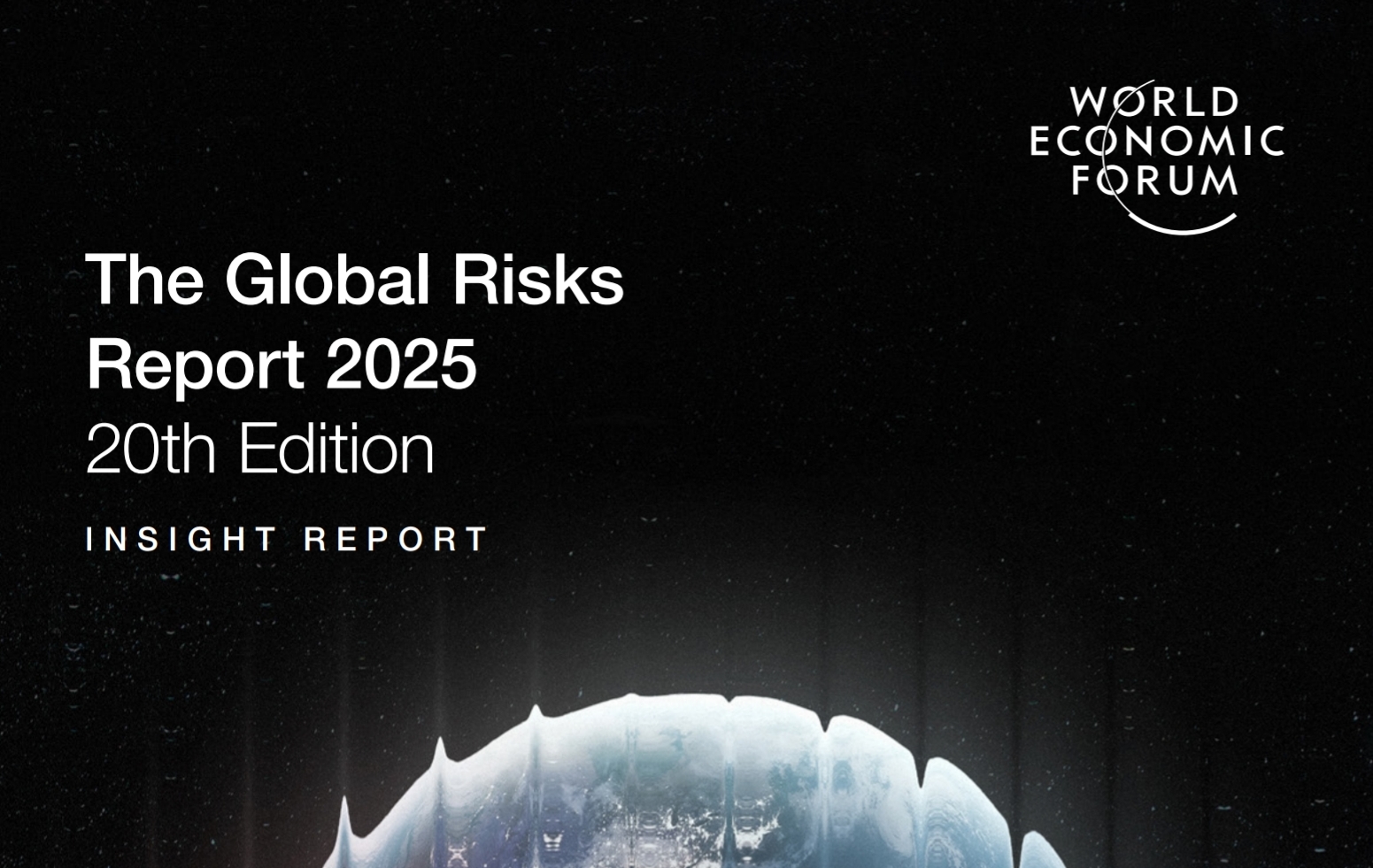Embedding Sustainability in Business: A Response to Global Risks
As highlighted by the World Economic Forum Global Risks Report 2025, environmental, societal, and economic challenges are intensifying. Companies face increasing pressures from climate change, resource scarcity, and biodiversity loss, which consistently rank among the top global risks over a 10-year outlook. These risks underline the urgent need for businesses to embed sustainability into their operations to remain resilient and relevant.
Why Embedding Sustainability is Critical
- Mitigating Environmental Risks
Extreme weather events and critical changes to Earth's systems are among the most severe risks, with their impacts felt across industries and regions. Businesses that integrate sustainability can better adapt to these disruptions, ensuring continuity and reducing long-term operational costs. - Addressing Societal and Regulatory Pressures
Governments and stakeholders are increasingly calling for corporate accountability. Initiatives such as multistakeholder engagement and corporate strategies are cited as key approaches to managing risks like insufficient public infrastructure and social protections. Companies that adopt sustainable practices proactively position themselves as industry leaders. - Enhancing Brand and Investor Appeal
The report emphasizes the growing importance of ESG metrics in attracting impact-driven investments. By embedding sustainability, businesses can meet investor expectations while aligning with global goals such as the UN’s Sustainable Development Goals (SDGs). - Innovating for the Future
Tackling pollution, which disproportionately impacts vulnerable communities, requires innovative solutions. Organizations that embrace clean technologies and circular economies not only mitigate risks but also unlock new opportunities for growth.
Insights from the Global Risks Report 2025
The report underscores that environmental risks, such as biodiversity loss and pollution, demand immediate action to prevent irreversible damage. It also highlights the role of corporate strategies in managing risks and fostering resilience.
Steps to Embed Sustainability Practices
- Conduct Comprehensive Risk Assessments
Leverage tools like scenario planning to prepare for environmental and societal disruptions. - Adopt Transparent ESG Reporting
Align your reporting frameworks with global standards such as the Global Reporting Initiative (GRI) and Task Force on Climate-Related Financial Disclosures (TCFD). - Collaborate Across Stakeholders
Foster partnerships with communities, governments, and investors to drive collective impact. - Invest in Innovation
Explore sustainable technologies and practices that address critical risks like pollution and resource scarcity.
Call to Action: Build a Resilient and Sustainable Business
The urgency to embed sustainability into business operations has never been greater. At Scribe, we provide tailored solutions to help you align with global sustainability goals, enhance resilience, and drive long-term success.
Our Services Include:
- Conducting an ESG Audit to assess a company's current strengths and weaknesses in Environmental, Social, and Governance aspects. This helps in comparing the company's performance with competitors.
- Enhancing the company's ability to effectively apply ESG principles by offering customized training programs based on specific competencies.
- Conducting ESG due diligence for companies, ensuring they meet the necessary environmental, social, and governance standards.
- Performing a Materiality Analysis to determine the most crucial ESG areas that require attention, taking into account stakeholder expectations and the potential for creating value.
- Aligning the company's reporting and disclosures with widely recognized frameworks such as the Global Reporting Initiative (GRI), Task Force on Climate-Related Financial Disclosures (TCFD), Sustainable Development Goals (SDGs), Sustainable Accounting Standards Board (SASB), and EU Taxonomy.
Get Started Today
- Phone: 254720021253
- Email: info@scriberegistrars.com
- Website: www.scriberegistrars.com
- ESG Advisory Services https://scriberegistrars.com/esg-and-sustainability-consulting/
- ESG Capacity Building https://scriberegistrars.com/esg-masterclass/
- GRI Training 2025: https://sgb.ac.ke/gri-training/ www.sgb.ac.ke
Let’s create a sustainable future—together.

